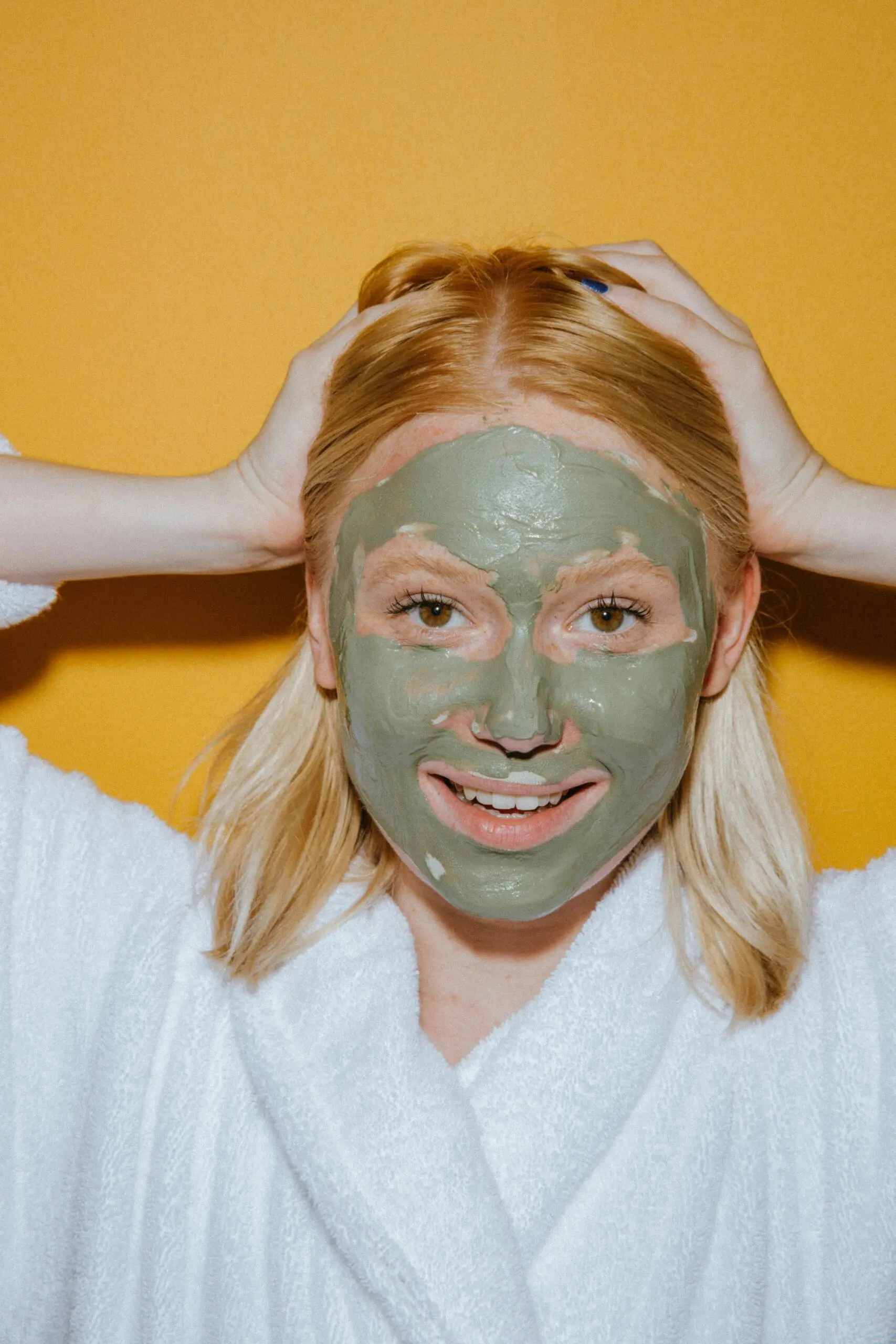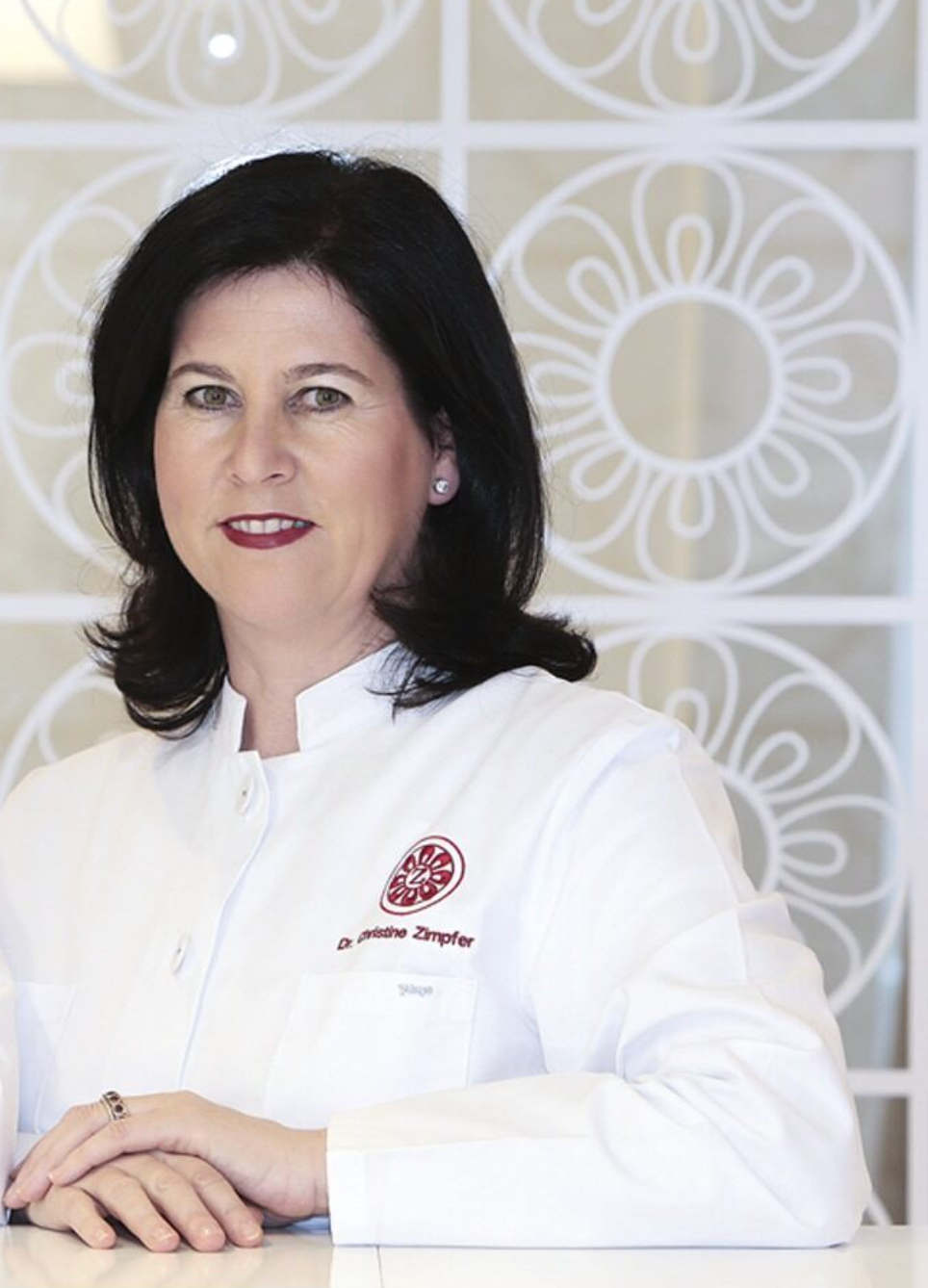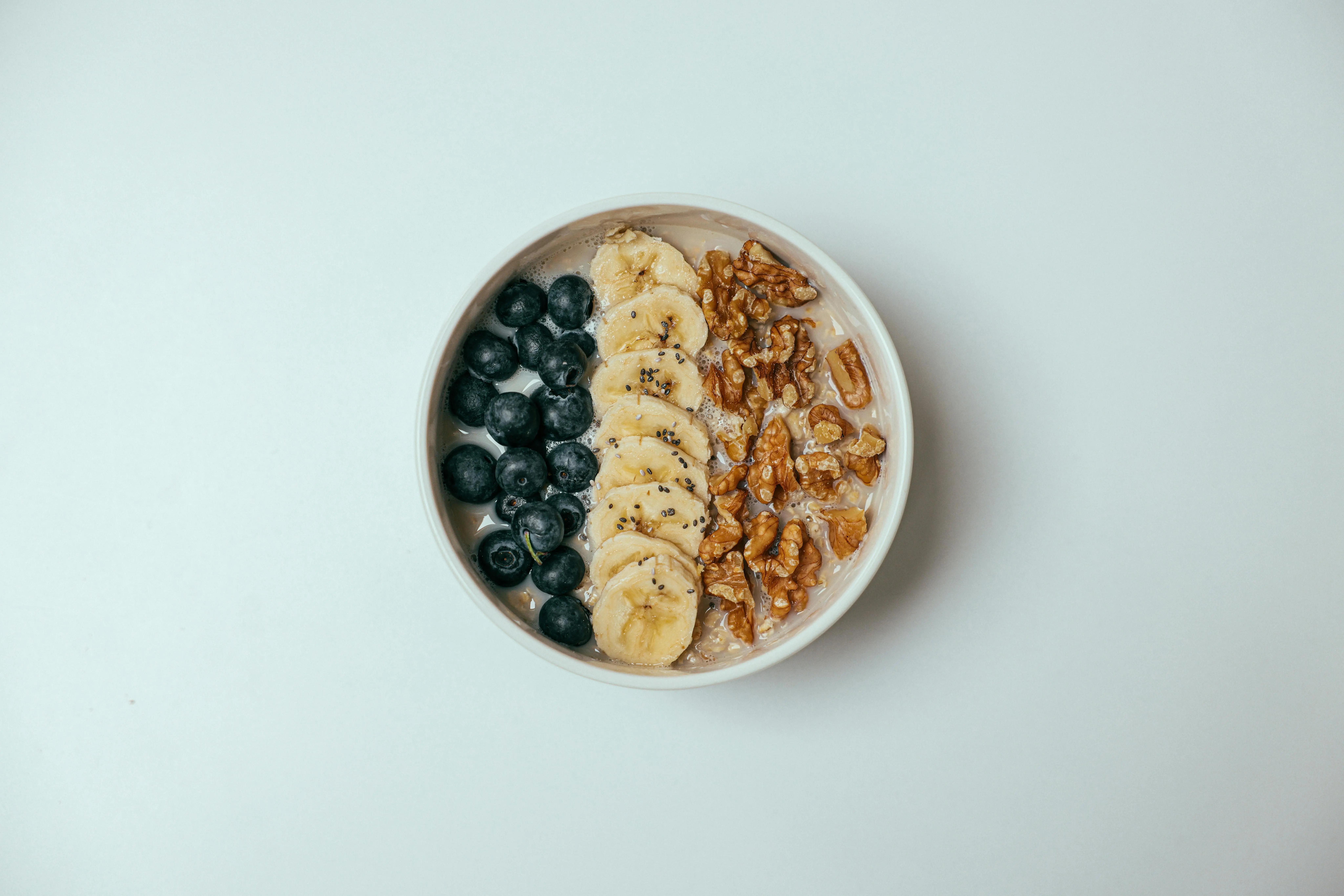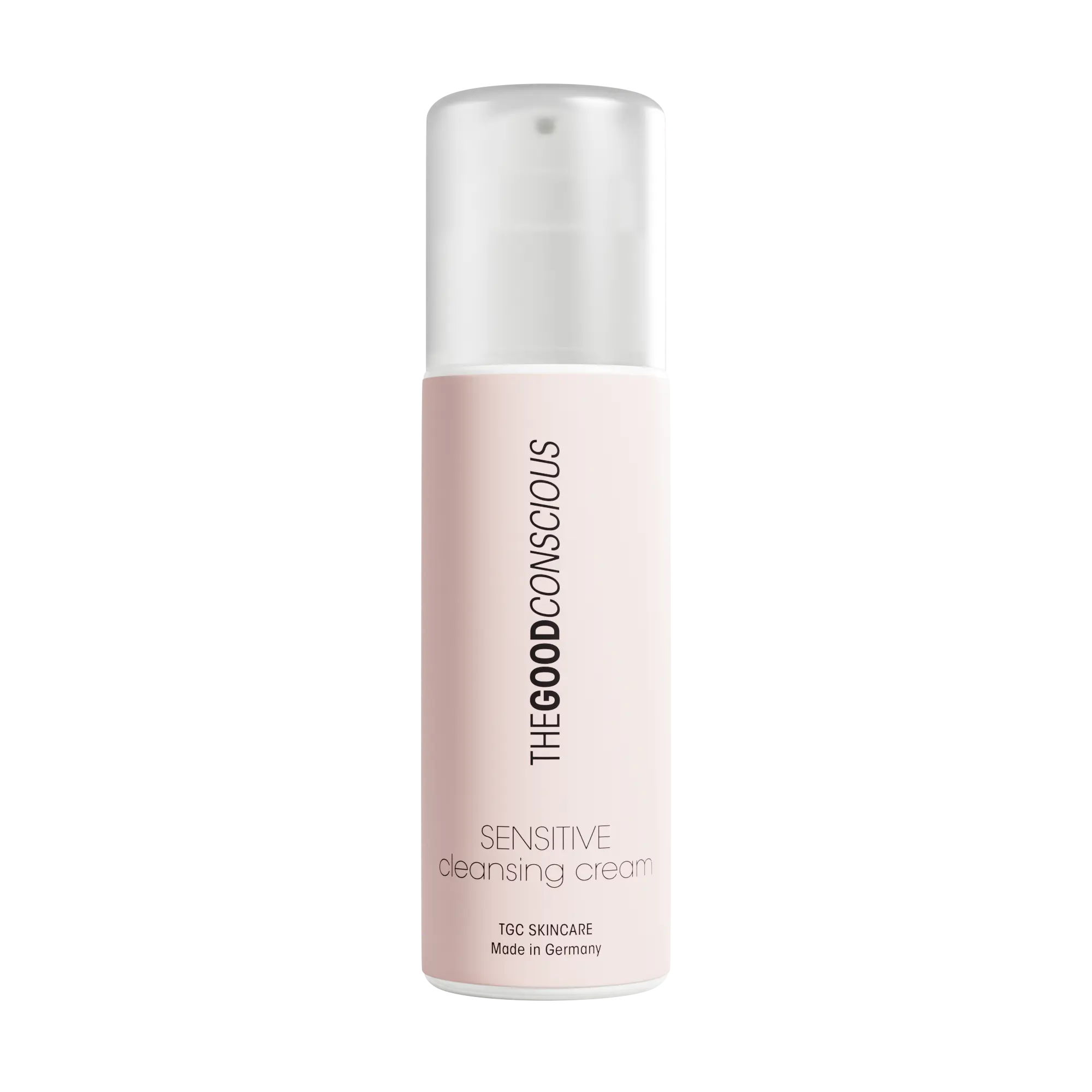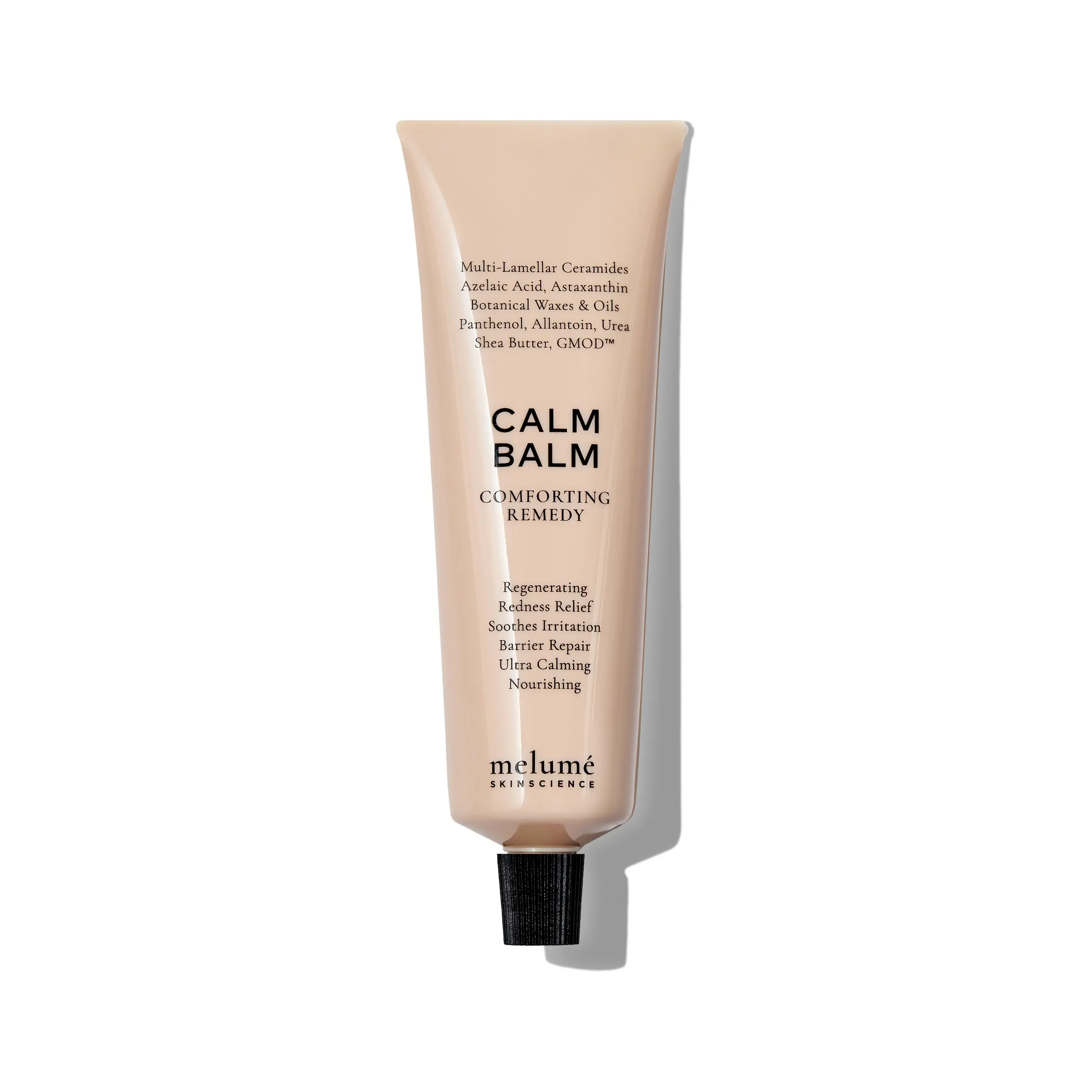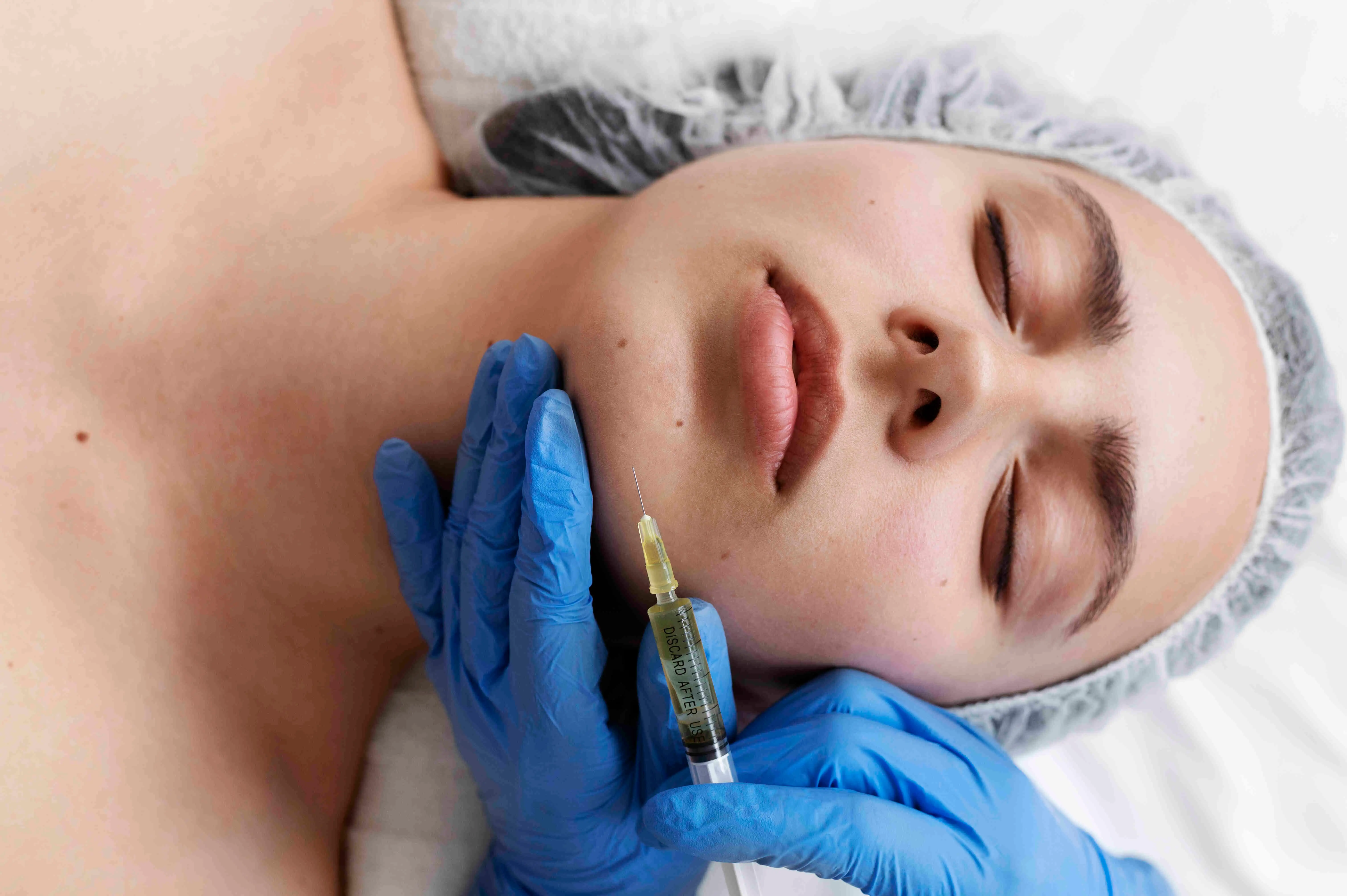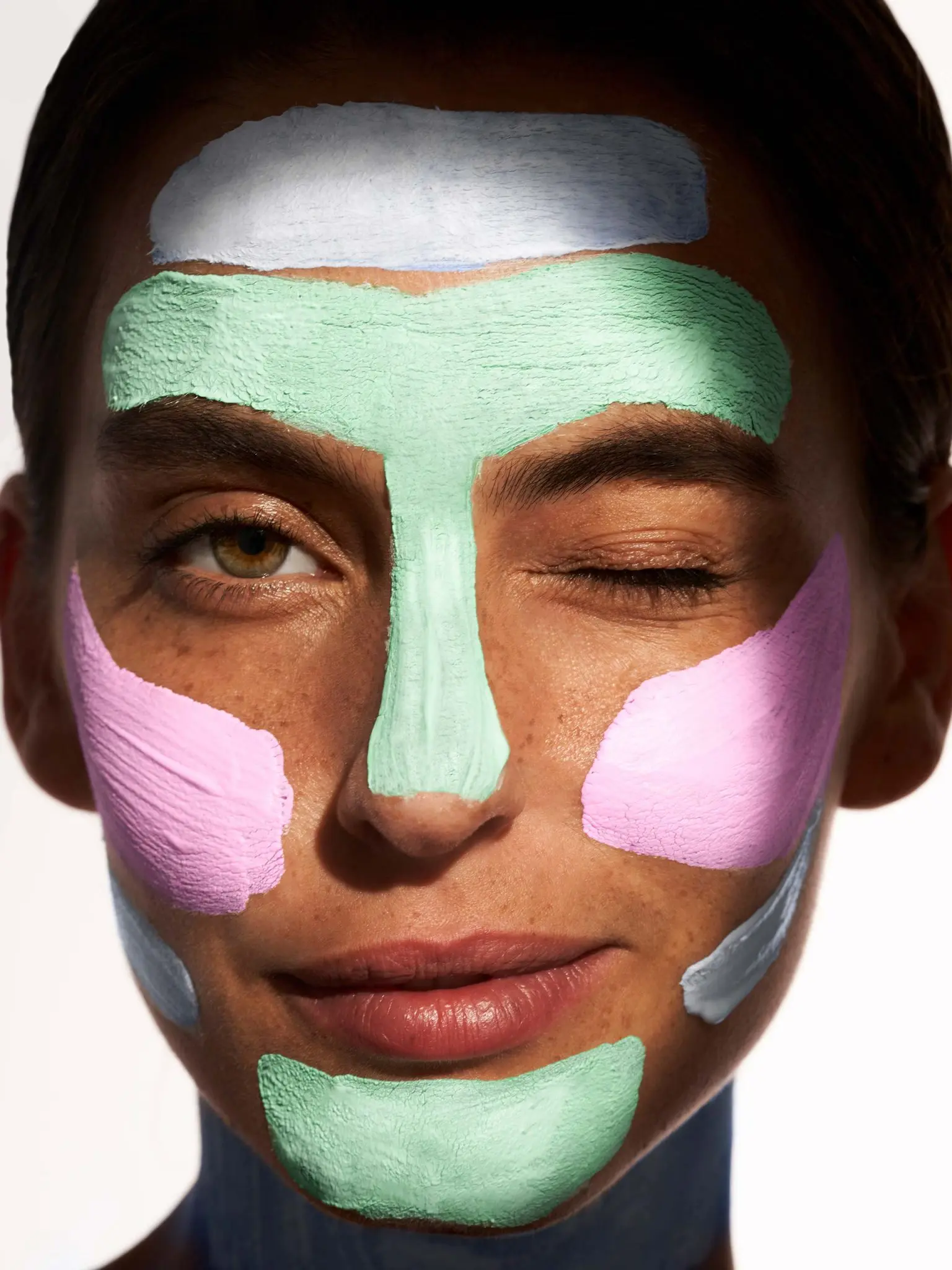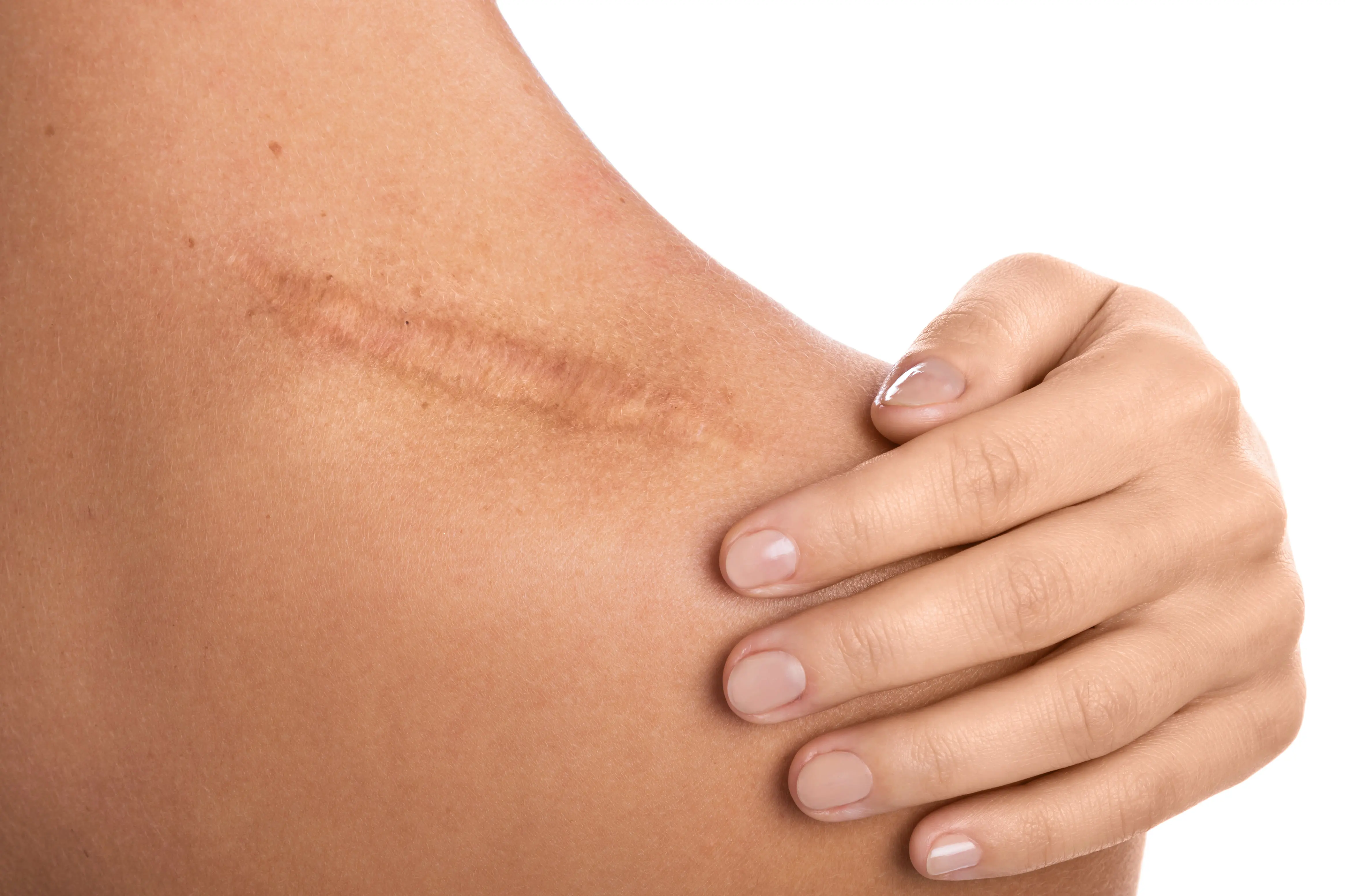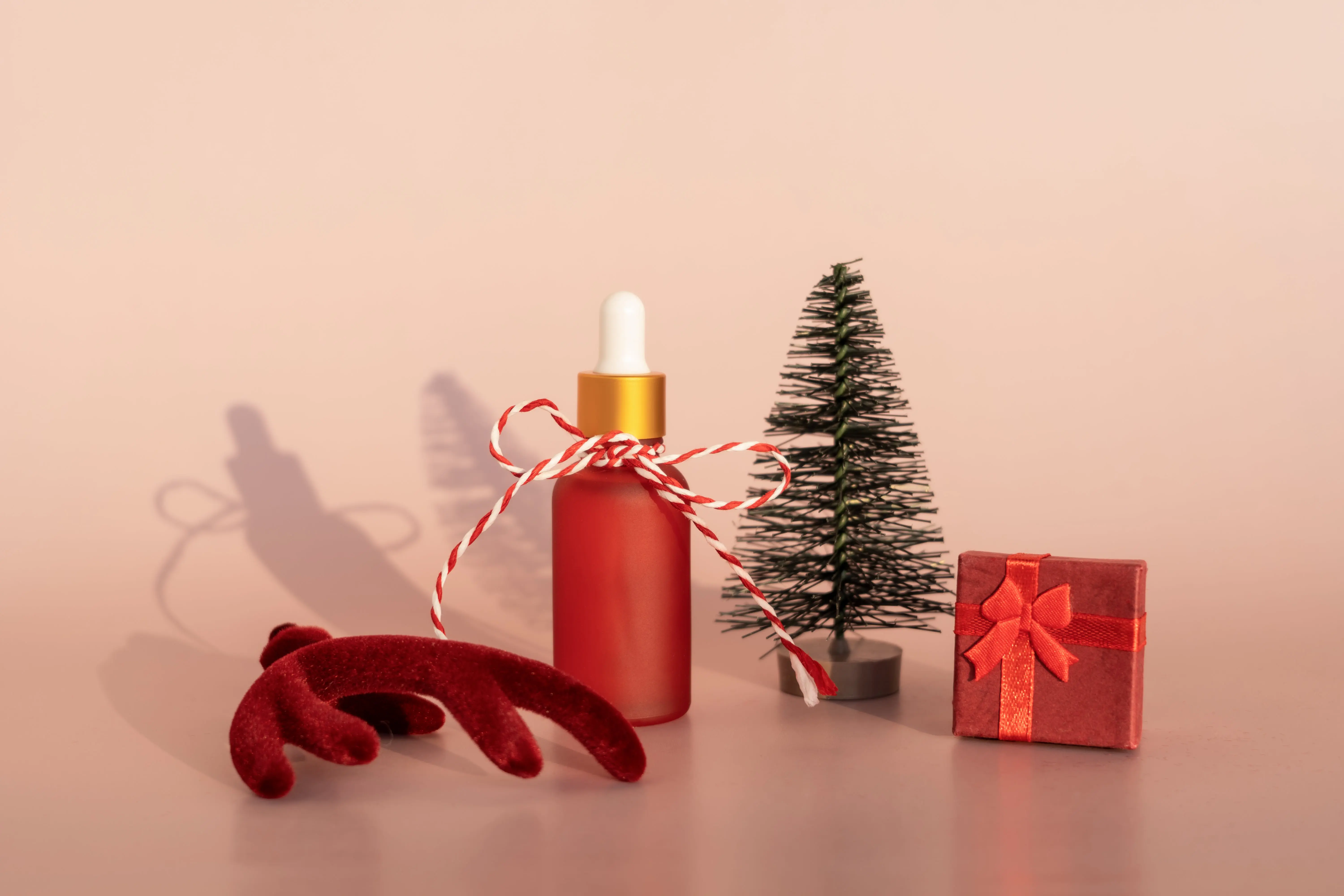Just the change between cold and warm stresses the delicate facial skin , makes it dry out faster, makes it cracked, rough and particularly sensitive. With falling temperatures, the skin therefore needs a different care , to get through the frosty season unscathed.
If the thermometer drops below eight degrees Celsius, the approximately 300,000 cold receptors of the skin sound the alarm. What still seems quite bearable for us feels like a real shock to the skin and it reacts with quite drastic consequences: Due to the cold, the blood vessels constrict to keep the heat inside the body.
The skin is supplied with fewer nutrients in winter
However, this throttles the blood supply and the skin is supplied with less oxygen and nutrients. This low metabolic activity not only causes a weakening of the skin's protective barrier, but also makes our skin look pale and sallow. On top of that, the sebaceous glands stop their production, which means that they only produce very few or no lipids at all and the protective lipid film of the skin is damaged.
Without this film, however, moisture can escape faster and pollutants can penetrate more easily. The result: the skin reacts with redness, flaking, dry spots, and itching. "That's why it's important to strengthen, protect, and build up the skin barrier now," explains Dr. Anette Zimpfer-Keese , dermatologist and allergist from Mannheim.
Winter skincare tips
In winter, exposed skin areas need extra fat and moisture , so the products can now be richer in their formulations. However, rich doesn't automatically mean greasy, but rather a balanced mixture of hydrating, soothing, and strengthening ingredients.
Very often, these products have so-called occlusive properties. Even though occlusive means "sealing," it doesn't imply completely sealing the skin's surface. Rather, occlusive products ensure that the so-called transepidermal water loss, also known as TEWL, is reduced.
Important: The skincare routine should not be completely changed overnight, as this would stress the skin, which could lead to irritation or blemishes. It is better to adjust the products slowly. This means initially using a richer night care product, and once the skin has adapted, also adjusting the day care accordingly.
